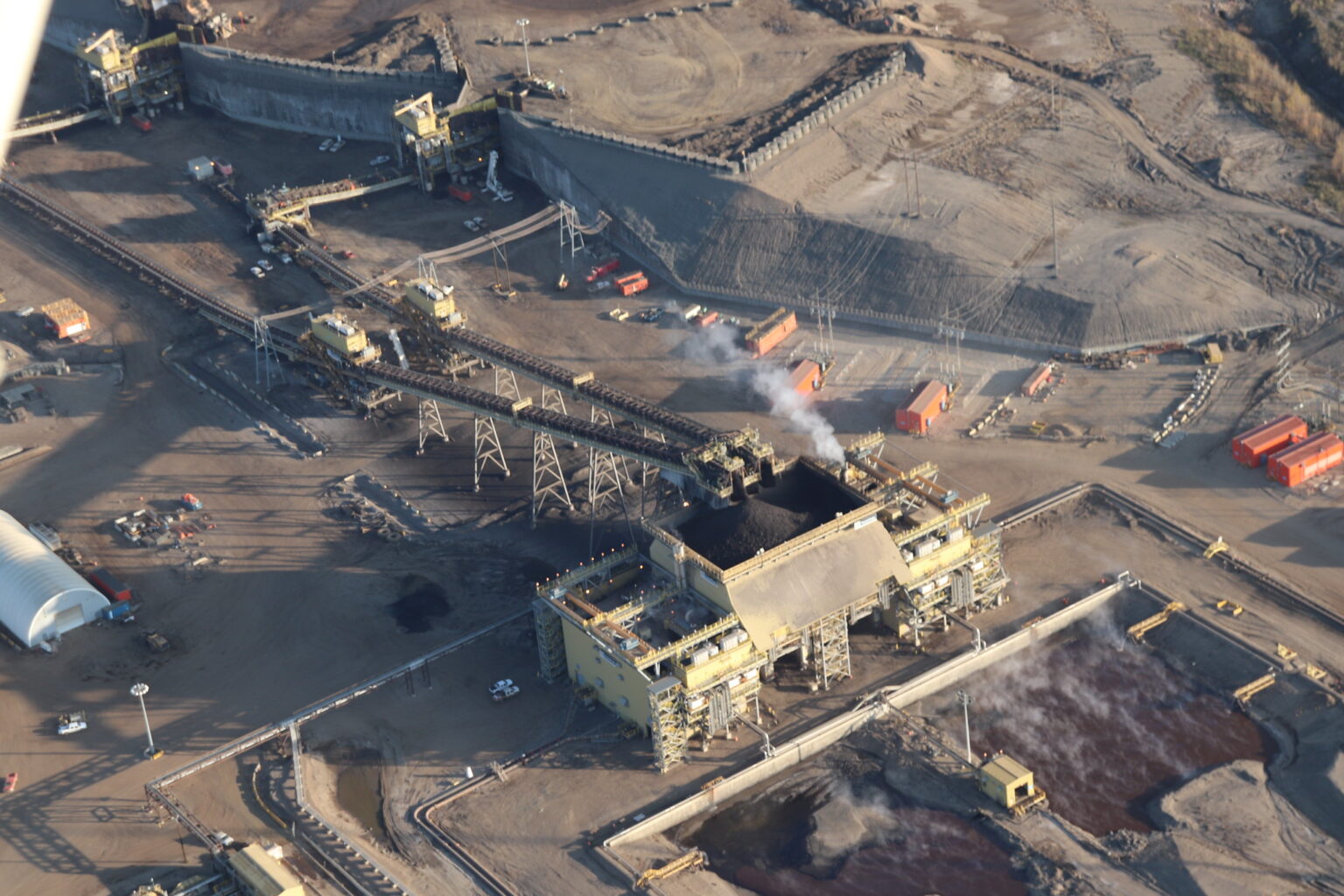It is a well established fact that increasing oil production leads to increased emissions, and that major reductions in oil production and consumption are necessary to avoid catastrophic climate change.
Despite the scientific consensus supporting this fact, a recent news release from a Canadian oil industry lobby group made the remarkable claim that Canadian oil production increased over the past decade while emissions decreased.
The analysis note issued by the Canadian Association of Petroleum Producers (CAPP) was widely circulated in a Canadian Press wire story published on August 31 under the title “Oil and gas sector says new data shows it can both hike output and lower emissions.” The article ran in Postmedia newspapers across Canada, the Toronto Star, as well as major Canadian networks, including Global News and the CBC.
A crucial detail omitted from the CAPP’s statement, however, is that their estimate did not include some of the most significant sources of emissions. Instead, the analysis note stated only that “Conventional production refers to all oil and natural gas production outside of Canada’s oil sands.”
Canada’s oil sands production represents roughly two thirds of Canada’s production-related emissions.
“Even though that data is available at all of the same sources used, CAPP’s analysis focuses exclusively on conventional oil and gas production, therefore excluding the oil sands,” said Julia Levin, associate director covering climate with Environmental Defence. “[It] is highly misleading, given that unconventional production, such as the oil sands, is way more emissions intensive.”
DeSmog asked CAPP media & issues manager Elisabeth Besson why oil sands production was omitted from CAPP’s analysis note, to which Besson replied: “CAPP represents the conventional oil and natural gas sector, which is why oil sands production is not included in the analysis.”
Besson further stated that the major oil sands producers that are listed on CAPP’s website are included because they also produce conventional oil, but that in the last year the Pathways Alliance has come to represent oil sands producers while CAPP represents conventional oil and gas producers in Canada.
The Pathways Alliance is a lobbying and marketing effort representing Canadian oil and gas majors with interests in both traditional and unconventional production. Pathways Alliance is currently being investigated by Canada’s Competition Bureau for alleged false advertising involving a campaign suggesting it is “on the path to Net Zero.” DeSmog has previously reported that Pathways has paid Google to distort search results, linking to their website when hundreds of climate change related terms were searched.
Questions sent to Pathways Alliance were not returned.
“Production and emissions data shows Canada has the ability to grow its production and role as a secure provider of responsibly produced energy while lowering greenhouse gas emissions,” stated the analysis note.
Levin argues this too is misleading: “The decision to omit oil sands lets the industry manufacture trends that aren’t representative of the entire sector,” she said. “The oil sands are the biggest driver of new production and emissions growth, with emissions rising 137% since 2005.”
According to the federal government’s data, compiled in the National Inventory Report 1990–2021: Greenhouse Gas Sources and Sinks in Canada (NIR), and the same data source used by CAPP, conventional oil production accounted for 26 megatons (Mt) of carbon dioxide equivalent in 2021, the last year data was available. By contrast, oil sands production accounted for 85 Mt of carbon dioxide equivalent in 2021, an increase from 56 Mt in 2011, and the highest level of emissions yet recorded. Total oil and gas related emissions for Canada in 2021 stood at 189 Mt.
A representative from Environment & Climate Change Canada (ECCC) indicated that the NIR represents Canada’s official calculation of greenhouse gas emissions, “which are submitted to the United Nations Framework Convention on Climate Change each year in accordance with international guidelines and the science-based GHG reporting framework developed by the Intergovernmental Panel on Climate Change (IPCC).”
“The NIR includes emissions resulting from all oil and gas production within Canada, including oil sands, when determining total emissions from the oil and gas sector,” stated the representative from ECCC.
“When we talk about growing Canada’s role as a responsible provider of natural gas and oil to the world – emissions performance is one of those measures,” said CAPP President and CEO Lisa Baiton in a prepared statement. “Canada’s conventional producers are demonstrating we can grow energy production to address energy security while also lowering emissions.”
Baiton is contradicted by recent independent market analysis, which indicates most of any potential growth in the Canadian oil sector will likely come from oil sands producers, such as Cenovus Energy and Canadian Natural Resources, both members of CAPP and the Pathways Alliance.
When approached for comment on this discrepancy after speaking at a World Petroleum Congress panel in Calgary, Baiton said she was unavailable to answer questions. An aide stepped in and insisted all questions should go to CAPP’s media relations. When pressed to address why data from oil sands production was not included in CAPP’s analysis, the aide reiterated that CAPP only represents conventional oil and natural gas production, and that the data was accurate.
Another area where the analysis note may not have been completely accurate concerns methane emissions. CAPP stated that “conventional producers have driven down methane emissions from total natural gas and oil production by 34 percent and methane emissions intensity by 46 percent.”
Recent analysis by Canada’s Commissioner of the Environment and Sustainable Development found that “large sources of methane emissions were unaccounted for in inventories and not covered by any existing regulations” and that the Canadian oil and gas industry’s methane emissions may be underestimated by anywhere from 25-90 percent.
“The federal government is still relying on emissions reporting from industry and that’s a huge problem,” said Levin.
“Rampant under-reporting by industry shows we cannot rely on the industry to accurately represent their greenhouse gas emissions. Under-reporting of methane emissions has been flagged repeatedly as a really significant problem. But beyond methane, new research found that carbon emissions from the oil sands could be 65 percent higher than industry reporting and that the oil sands could be releasing about 31 million tonnes of unreported carbon dioxide into the atmosphere a year.”
“The science is clear,” said Levin, “countries must phase out oil and gas production in order to avoid catastrophic climate change.”
Subscribe to our newsletter
Stay up to date with DeSmog news and alerts







